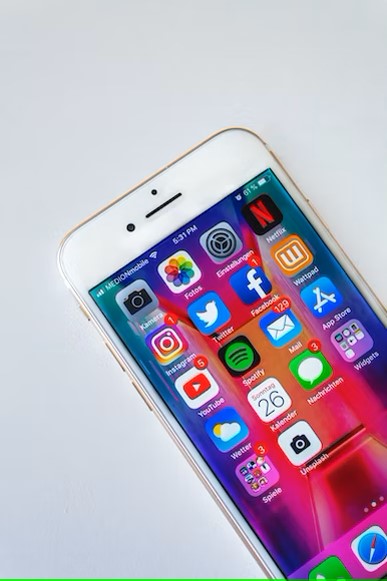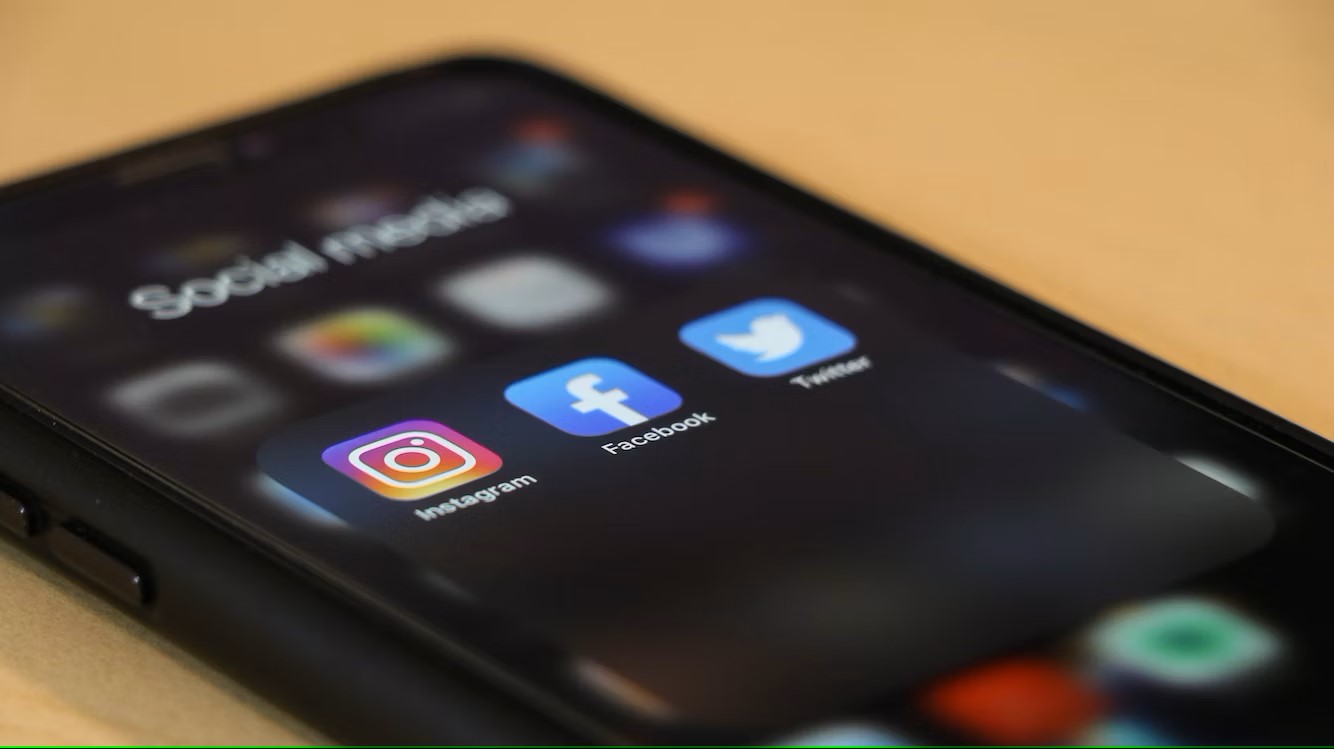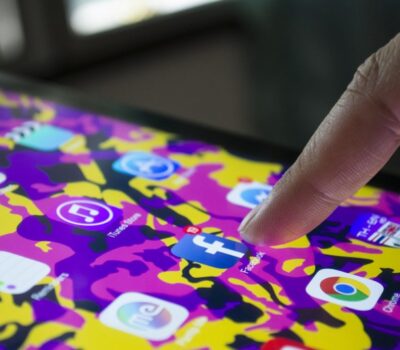


Our team sorts through all blog submissions to place them in the categories they fit the most - meaning it's never been simpler to gain advice and new knowledge for topics most important for you. This is why we have created this straight-forward guide to help you navigate our system.


And there you have it! Now your collection of blogs are catered to your chosen topics and are ready for you to explore. Plus, if you frequently return to the same categories you can bookmark your current URL and we will save your choices on return. Happy Reading!
It would be remiss to suggest social media doesn’t provide a host of benefits to everyday life. Helping us keep in touch with friends, allowing us to stay up-to-date with social and political news, and providing a welcome 5-minute escape from the rigours of our day-to-day struggles. Yes, social platforms are unquestionably a source for good more often than not.
But this positive presence can’t totally negate the potential harm which social channels can also do to our mental health. In an environment which champions comparing and contrasting the “likeability” of our lifestyles, it’s not hard to see how things can quickly turn toxic.
This is particularly true for younger people who are still forming a sense of identity. And with studies showing as many as 90% of teens aged 13-to-19 have used social media at some point in their lives, it’s important to build healthy social media habits not only for yourself, but to help guide the next generation.
Let’s discuss four ways to protect your mental health when using these handy, yet sometimes harmful, platforms.

Not everyone on social media has the best interest of others at heart. While we all know how negative “trolls” can be, sometimes it’s regular people whose behaviours are inadvertently causing you to feel low about yourself.
Whether this is by making you feel inferior by comparison, posting negative news, putting odd comments on your photos, or even just neglecting your posts, other users can leave you feeling down. If this gets to an extreme place, it might be time to remove them from your channels.
All that glitters isn’t gold. That’s no truer than it is when it comes to social media. While we might see our friends living lifestyles which seem almost incomparable to our own, in a lot of instances there’s a disconnect between what you’re viewing and reality.
A recent study highlighted that a staggering 75% of people were found to lie on their social media. These fibs were found to be the most severe on Facebook and Twitter, where just 18% of respondents said their profiles accurately reflected their daily lives. If you find yourself getting down because someone seems to be enjoying a better life than you, remember there’s a good chance they’re exaggerating.
Just as with anything which triggers a strong emotive response, social media has the potential to become addictive if not used in moderation. Shockingly, one study found that as many as 30% of adult respondents admitted to being addicted to social media in some capacity, with 40% of those aged 18-22 claiming to be hooked.
It’s important to identify the signs of a social media addiction early, in order to most effectively combat the condition. They include things like:
Perhaps most importantly of all, it’s vital to know when you need to switch off and take a break from the internet. Whether it’s through fatigue, over-exposure, or because you saw something which put you in a bad mood, there’s never a right or wrong time to step away from the screen.
Do you feel better positioned to protect your mental health while scrolling on social media? Keep these tips in mind, and be sure to put the phone down whenever you feel overwhelmed by what you’re seeing online.


The author

Read more

Read more

Read more

Read more

Read more

Read more

Read more

Read more


Are you looking for solutions? Let us help fund them! Nexus Education is a community of over 11,000 schools that come together to share best practise, ideas and CPD via online channels and free to attend events. Nexus also offers funding to all school groups in the UK via nexus-education.com


Established in 2011, One Education is a company at the heart of the education world, supporting over 600 schools and academies. Our unique appeal as a provider is in the breadth and synergy of the services we offer, supporting school leaders, teachers and support staff to achieve the best possible outcomes for their pupils and staff.

School Space is a social enterprise that has empowered schools for over 12 years through their profitable and hassle-free lettings services. So far, they’ve generated over £5 million in revenue for education, helping to connect over 200 schools with their local communities.


Unify is an online sales and marketing tool that allows users to create tailored personalised documents in moments.


There’s nothing special about the energy we sell. In fact, it’s exactly the same energy as all our competitors provide. But there is something special about the way we do it. Where others complicate the process, we simplify it. Where others confuse customers with hidden terms, we’re an open book. And where others do all they can to make as much money from their customers as possible, we do all we can to make as little. Everything we do, we do it differently. Our customers are a privilege. One we’ll never take advantage of.


Securus provide market-leading monitoring solutions to safeguard students on ALL devices both online and offline. We also offer a full monitoring service, where we carry out the monitoring on behalf of the school, freeing up valuable staff resources. From the smallest school to large MAT groups, Securus offers safeguarding protection for all!


Bodet Time offers dedicated solutions to education through lockdown alerts, class change systems, PA and synchronised clock systems. Improving time efficiency of the working and school day; ensuring safety through lockdown alerts; increasing communication with customised broadcast alerts.


Robotical makes Marty the Robot - a walking, dancing coding robot that makes programming fun and engaging for learners as young as 5. Our robots come with a full Learning Platform that has complete teaching resources, to make lesson planning a breeze.